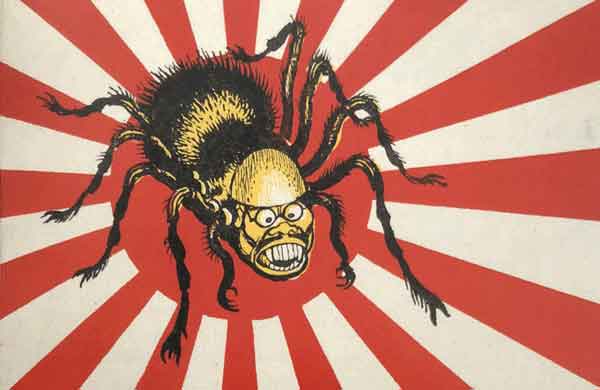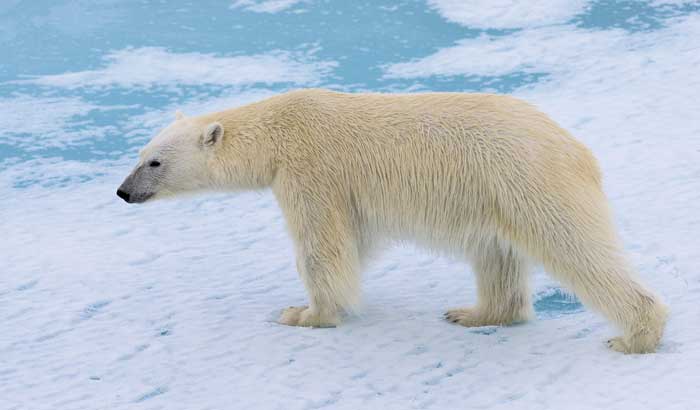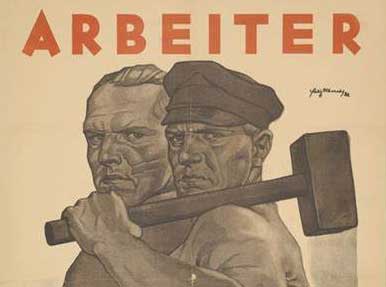During the Fukushima nuclear accident on March 11, 2011, radioactive material was released into terrestrial, marine, and freshwater environments. Some of the airborne contaminants were deposited on land areas of Japan through precipitation, while most of the remainder fell over the North Pacific Ocean. Less than 2% of the total fallout was deposited in areas outside Japan.
(more…)-

Taiwan’s Belorussian Jewel
Chiang Ching-kuo, who served as the president of the Republic of China from 1978 to 1988, spent 12 years in Soviet Russia during his youth. It was there that he met a young Belorussian woman named Faina Vakhreva, whom he married and later brought back to China with him when he returned home in 1937.
(more…)
-

Beyond the Mushroom Cloud: What Prompted Japan to Surrender and Brought an End to WWII
The ongoing debate on the necessity and moral justification of dropping two atomic bombs on Hiroshima and Nagasaki in August 1945 has consumed historians for decades. American researcher Ward Wilson has shifted the focus of that debate, steering it from theoretical considerations to practical aspects.
Wilson contended that, from a nuclear policy standpoint, the crucial question is whether the use of nuclear weapons on enemy territory achieved its objective of successfully coercing Japan into unconditional surrender. According to Wilson, the answer is no.
(more…)



